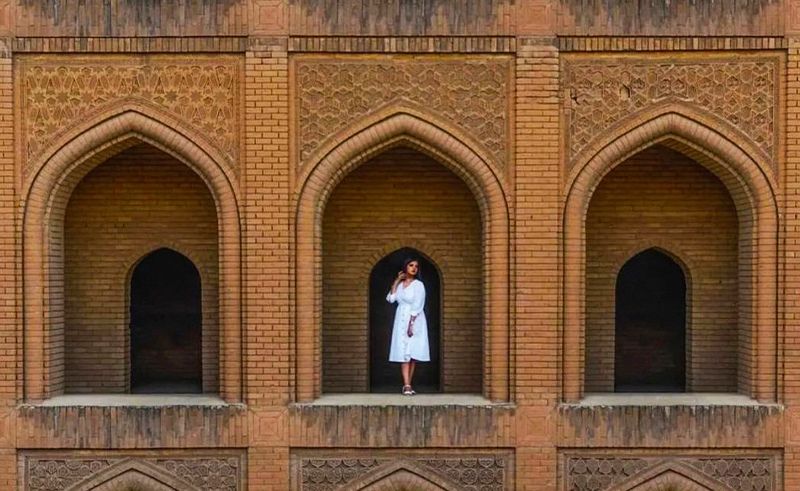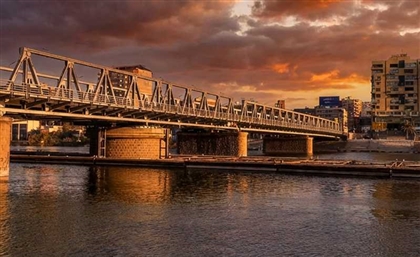The Abbasid Palace: A Majestic Remnant of an Era Past in Baghdad
This palace is the last remaining testament to the architectural grandeur and ingenuity of the Abbasid Empire in Baghdad.

Baghdad is a city so old it has remade itself with the rise and fall of each empire that tried to etch its stories in its golden sands, trying to render themselves immortal. The seemingly endless dunes bore witness to miracles and tragedies alike, having borne witness to the kinds of wars that leave little behind but rubble.
One such example is ‘The Abbasid Palace’, the last remaining monument from the golden era of the Abbasid empire, located at the heart of Baghdad’s Rashid Street. The palace, believed to be built by Caliph Al-Naser Lidinillah between 1179 AD and 1225 AD, has sustained damage over the centuries. However, following the relatively recent restoration, the monument was converted into a large museum of Islamic artifacts, housing an incredible collection of rare cultural relics.
Some traditional Baghdad homes, usually located on a crowded narrow street, with latticed windows and an open inner courtyard, overlook the stunning palace in a picture belonging to a scenic 8th-century painting. While the view from high-up the monument offers two sides - one of the stretching traditional homes and rising modern skyscrapers and the other of the glittering waters of the Tigris River.
The palace is easily recognisable by its distinctive architectural design, including a spacious central courtyard and two floors of rooms, with beautiful arches and muqarnas in brick, and a stunning iwan with brick ceiling and facades. The Abbasid Palace is open for visits all year round.
- Previous Article Saudi's Historic City of AlUla Hosts Its First Luxury Food Festival
- Next Article Travel Across History on Egypt's Most Iconic Bridges
Trending This Month
-
Jan 31, 2026























